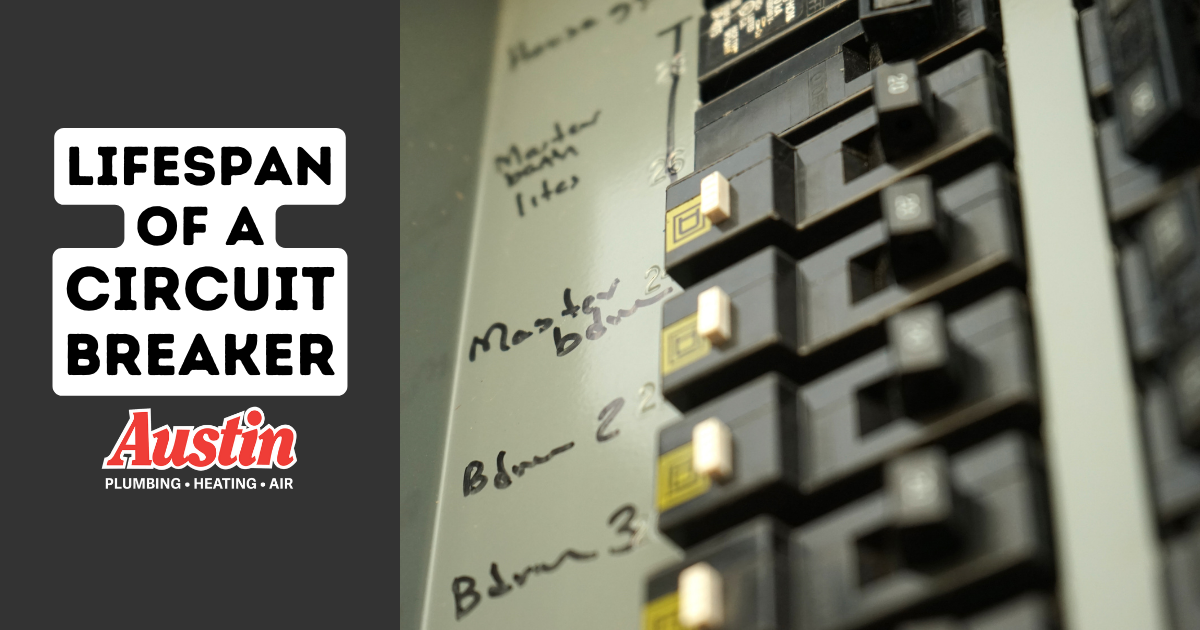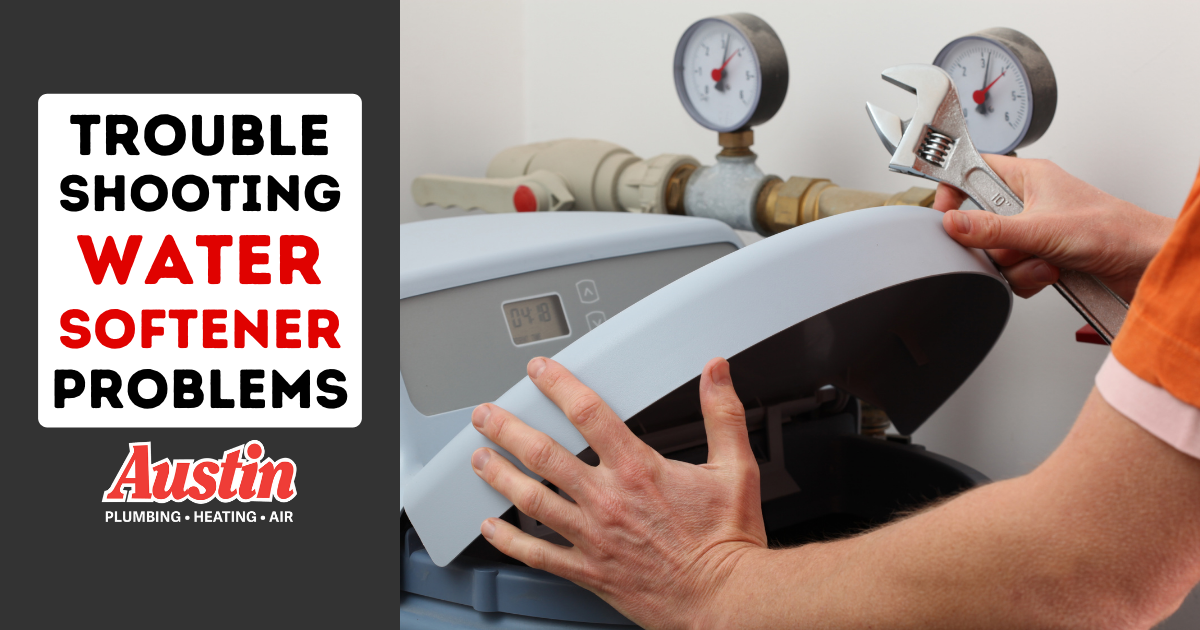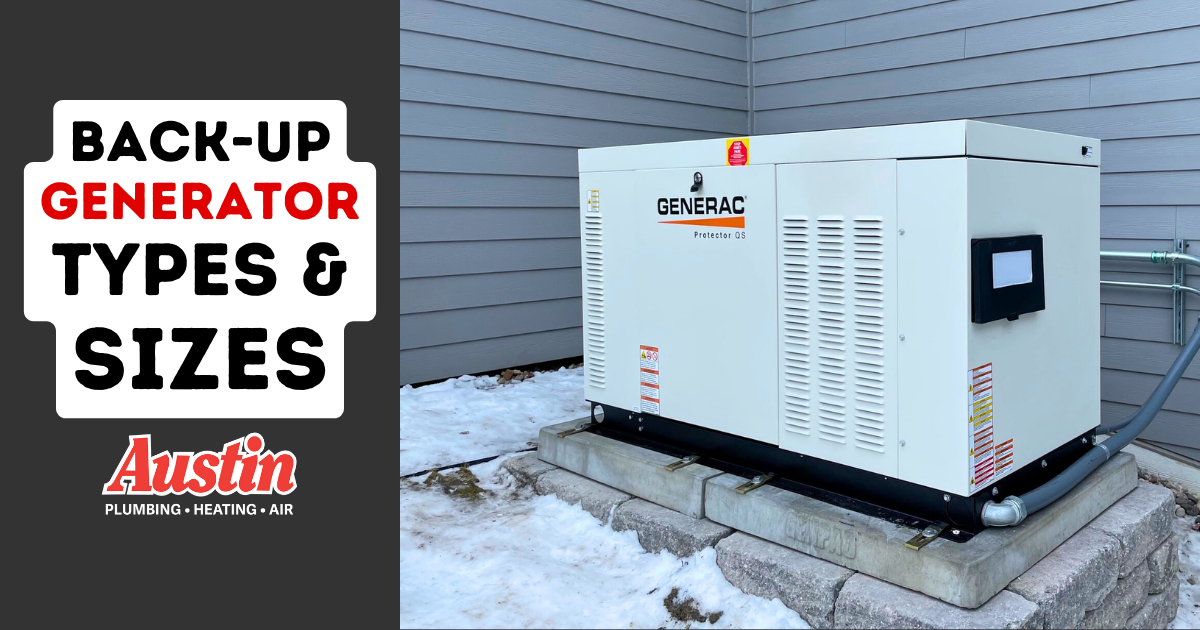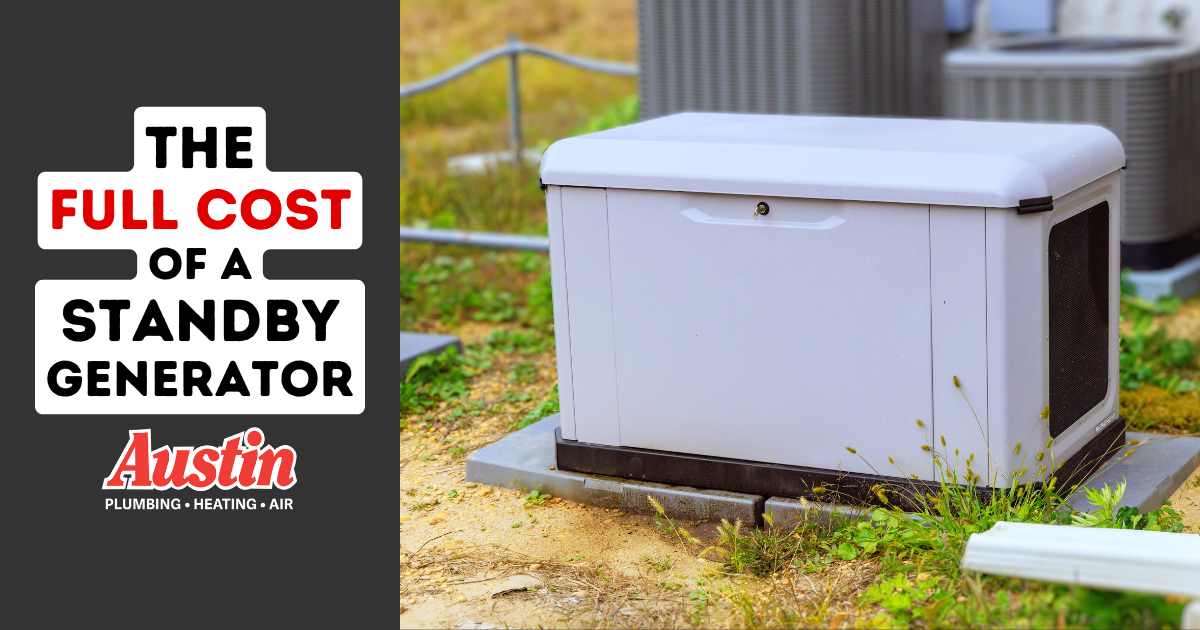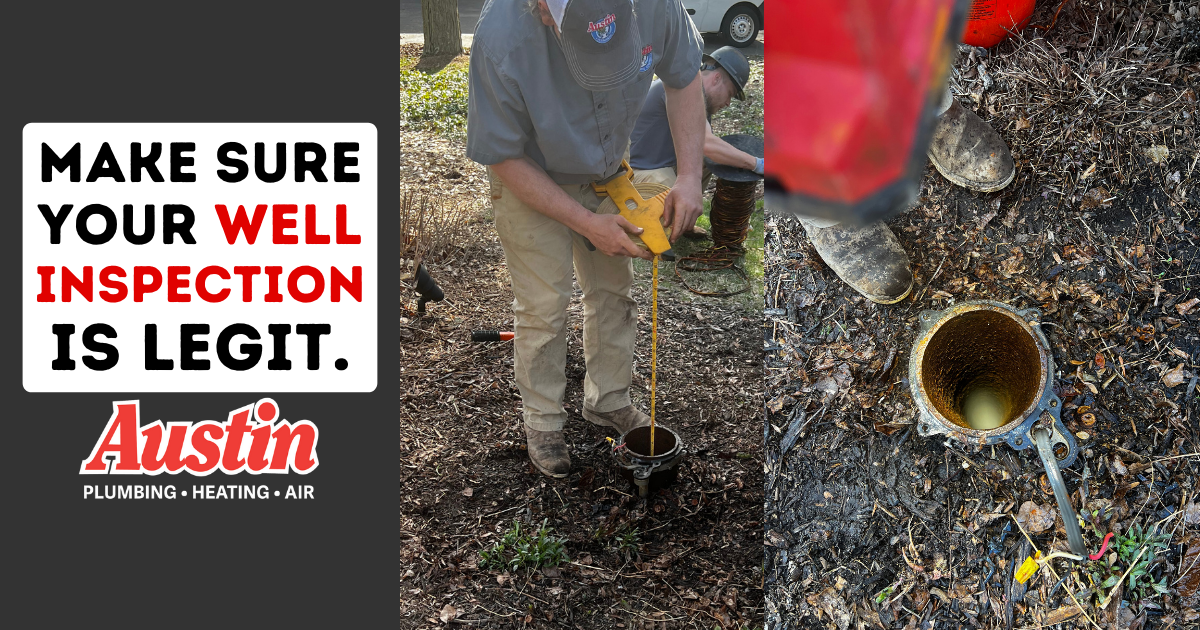What Water Heater Is The Best?
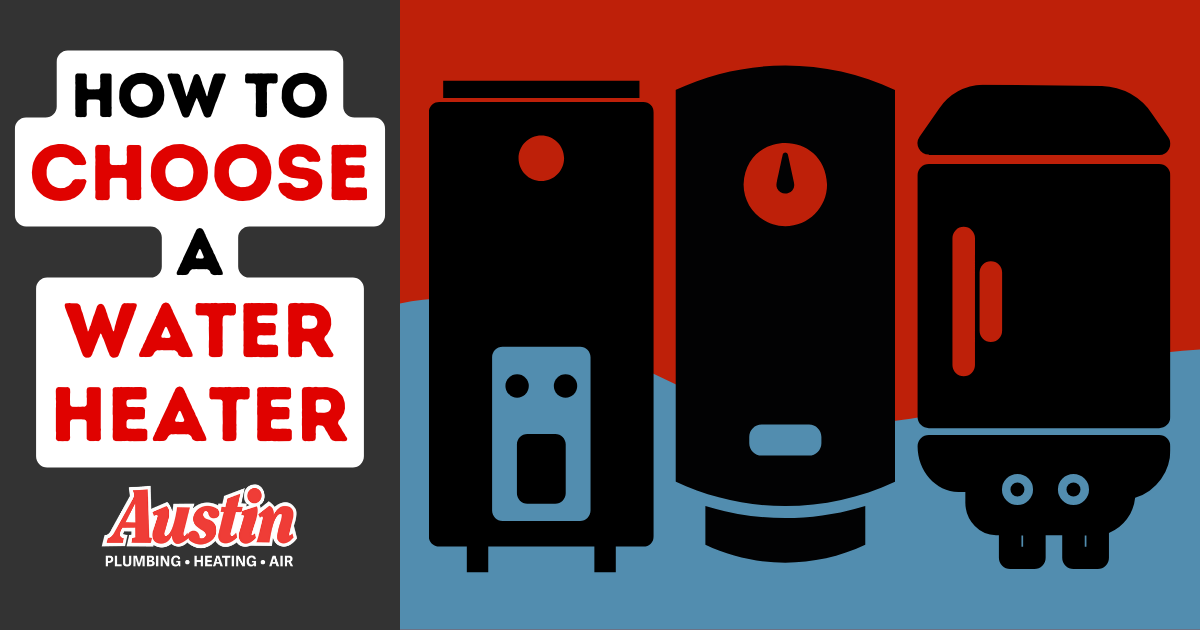
The Major Types of Water Heaters to Choose From in Wisconsin Explained by The Wisconsin Master Tradesman in this guide about the most common water heaters found in Wisconsin right now.
Water Heater Basics
Before you drown in a flood of search results, know that shopping for a water heater should be pretty straightforward.
- Every kind of water heater under the sun can be separated into two essential classes: tank and tankless.
- Both varieties include electric and gas-powered options.
- This article will offer a brief explanation of virtually every kind of water heater you might consider buying.
Facts About Tank-Style Water Heaters
The original tank-style water heater (also known simply as a “tank water heater”) has been around since the conception of water-heating appliances. This technology is not uncommon even today.
This type of heater works by keeping 40 to 80 gallons of hot water readily available at a moment’s notice. They’re super convenient-until they aren’t. If you use enough hot water to deplete the tank, you’ll have to wait a while for it to replenish.
The typical warranty on a tank-style water heater lasts 6 years, but the appliance itself can last as long as 8 years with annual maintenance and moderate use.
Facts About Tankless Water Heaters
The primary appeal of tankless water heaters is that they never run out of hot water-because as the name implies, they don’t have to store any. Instead of constantly maintaining the temperature in a reservoir, this kind of water heater activates only when you need to use it.
As you may have guessed, any tankless water heater will be more energy-efficient (or gas-efficient) than a traditional water heater by design. They also tend to last longer and come with longer warranties (10+ years).
Since tankless water heaters operate on flow, not storage, they work their best as a part of a home plumbing system with good waterflow. They also require a little more maintenance than their counterparts.
The tankless aspect also allows homeowners to save precious floor space.
Fuel Types Used in Wisconsin to Power Different Water Heaters
Natural Gas in Water Heaters
Wisconsin is blessed with an abundance of natural gas. Supply exceeds demand-especially now that the government has endorsed electric appliances-and as a result, we enjoy some of the cheapest gas rates in the country. Natural gas is still the number one fuel used to make hot water. If you already have gas power to your home, even better.
Electricity to Power Water Heaters
Electricity is a double-edged sword: it’s better for powering the appliance, but worse at heating the water. Frankly, it’s also tougher on your bank account: electric tank heaters, for example, recover more slowly and therefore cost more to operate than gas tank heaters. Also, unlike the price of natural gas in Wisconsin, our electricity rates are substantially higher than in many neighboring states.
Propane Gas (Liquified Petroleum) as a Fuel Source
Pound for pound, LP is roughly as cheap as natural gas, but it comes to you by truck. Due to delivery costs, the choice to use LP ends up being a little more expensive.
Still, it’s probably the best of both worlds: you get the hot water production of natural gas, and avoid the poor performance of electric heaters.
Propane is commonly used in rural areas, where natural gas isn’t as readily available-and where the need for hot water is greater than what an electric can provide.
Gas-Powered Water Heaters
Atmospheric Venting (AKA “Standard”) Water Heaters
Standard water heaters vent metal into a chimney or Type B vent (or double wall pipe) without the use of fan assistance.
- This is the most affordable and the most common option among gas water heaters.
- It is also the most reliable as a source of hot water due to the simplicity of its design.
- However, it is the least efficient of the gas water heaters. (See our [Factors of Energy Efficiency Article Link] to read about the difference between energy efficiency and appliance efficacy.)
Power Vent Water Heaters
The power vent design possesses the same basic components as a forced air furnace: an inducer motor, gas valve, and pressure switch. Fans aid the venting of exhaust via PVC piping to the outdoors. In the late 90s and early 2000s, power vent water heaters lowered new-home construction costs and earned the favor of builders by eliminating the need for chimney masonry.
- This type of gas water heater is more efficient than its standard counterpart, but not by much.
- It’s also more prone to component failure (not appliance failure) due to the sheer number of its parts.
- It has become more expensive over the last two years, now costing roughly the same as a tankless.
Tankless Gas Water Heaters
Tankless iterations on the gas water heater are designed to draw air from outside for combustion and use PVC to vent exhaust.
At the start of this article, we mentioned that although they are an extremely reliable solution, their flow rates are limited to what is achievable for a home’s existing water system. However, tankless gas water heaters generally provide more than enough waterflow for a typical Wisconsin home-say a family of 5 with up to 2.5 bathrooms.
- Tankless gas options include both natural gas and LP gas varieties.
- Size, flow rate, and efficacy vary.
- More energy-efficient than tank-style gas water heaters overall (but less efficient than electric).
Tank-Style Electric Water Heater Options in Wisconsin
Standard Electric Water Heaters
The basic concept behind electric water heaters is that they convert electricity into heat.
- In terms of actually heating your water, they’re more efficient than gas, but slower to produce the same result, and powering one takes a lot of energy in itself.
- Their maintenance requirements are higher: consumable elements and thermostats, for example, must routinely be repaired or replaced.
- The fact that it runs on electricity exclusively makes it more expensive than gas options.
Heat Pump Electric Water Heaters
For the first time since the late 1980s, heat pumps have come back in style-but not organically. Actually, they’re now mandatory for residents who choose electric over gas. Certain other electric options are no longer legal to install in Wisconsin. They do have redeeming qualities-for example, dehumidification is built into their design-but we don’t recommend them over a good gas water heater for our customers.
- Heat pump style water heaters are highly expensive-the price for being highly efficient, as they work by extracting energy from the surrounding air and repurposing that into generating hot water.
- Not considered reliable until more the data becomes available and more of them are in use. The newest models are not even in stock at most plumbing suppliers as of writing this article.
Tankless Electric Options and More
Water heaters that are both tankless and electric have carved out a reasonable niche in the market, if only for point-of-use purposes. They’re a good option for instant hot water that can be installed under kitchen sinks or as singular remote fixtures in campers and vacation homes, where they will not suffer year-round use. We strongly advise against treating tankless electric as a whole-home water-heating solution.
If you need more guidance in choosing a suitable replacement for your home, you can trust the team at Austin Plumbing, Heating & Air, the leading installer of replacement water heaters in Wisconsin! Team Austin invites you to rely on our 80+ years of experience, as well as technical resource manuals developed by our own master tradesman, to help you select the best water heater for your home and your budget.

